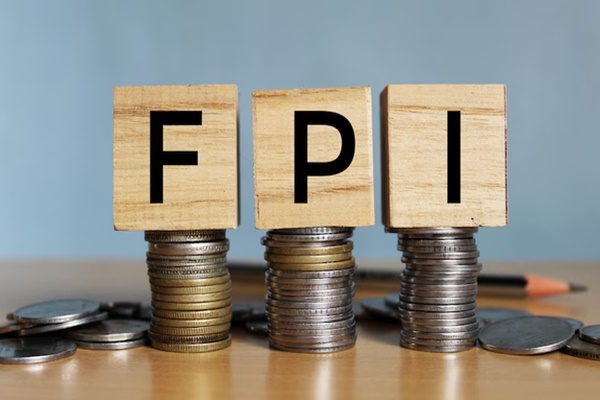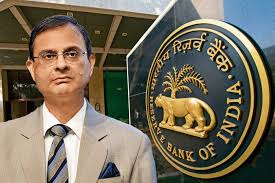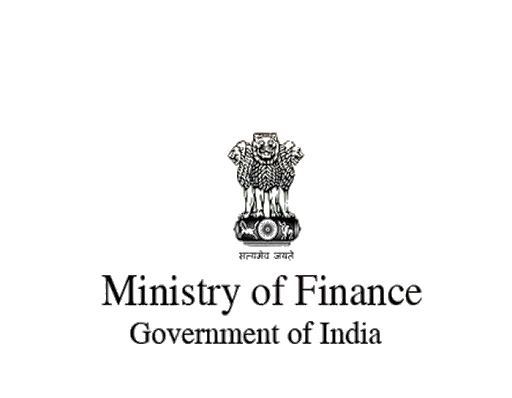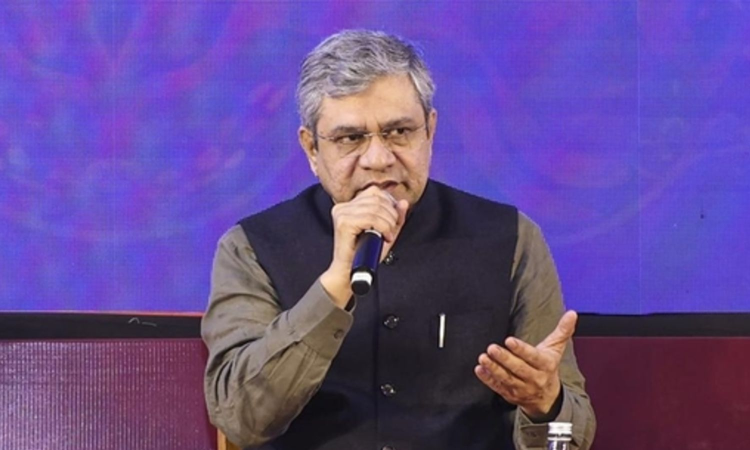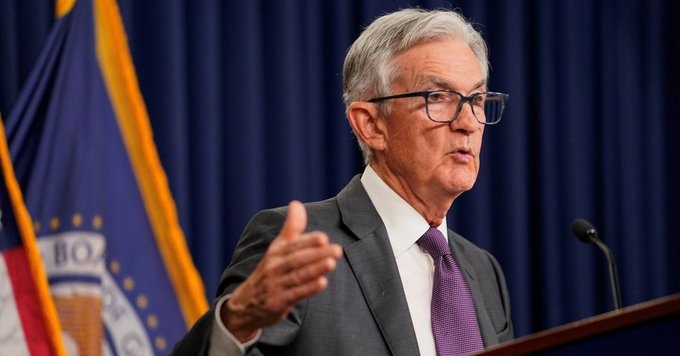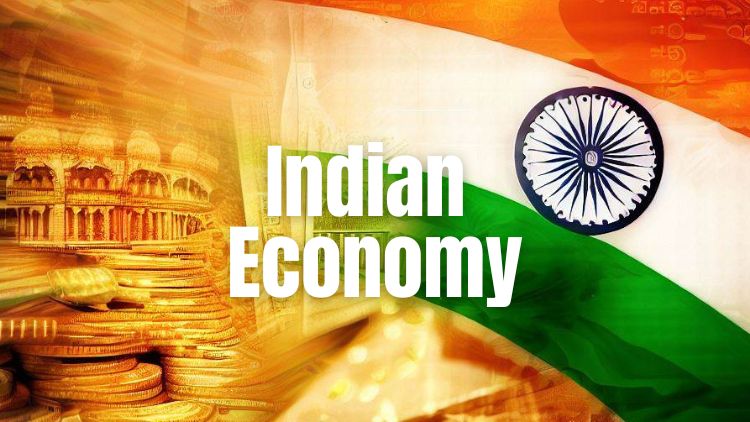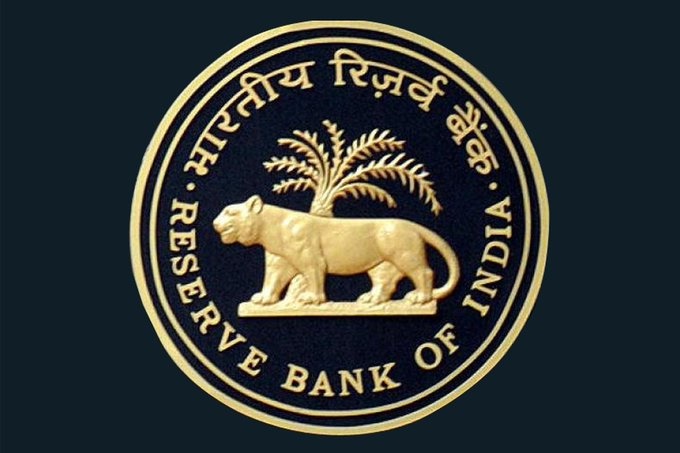India Expects GDP Growth of 7.3% in FY24
Sat 06 Jan 2024, 10:12:49
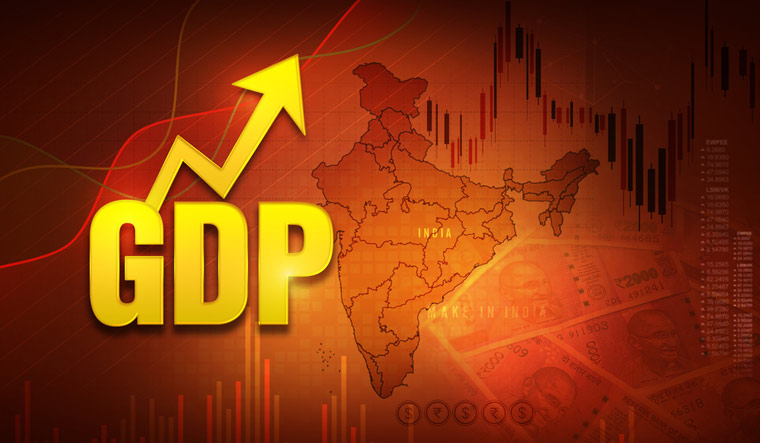
New Delhi: The government on Friday said that India’s economy or gross domestic product (GDP) is expected to grow by 7.3 per cent in the current fiscal against 7.2 per cent expansion in FY23. The GDP is, however, projected at Rs 296.58 lakh crore ($3.57 trillion) this fiscal against Rs 272.41 lakh crore in FY23, according to the official estimates.
Releasing its first advance estimates of National Income for 2023-24, National Statistical Office (NSO) said that the real GDP or GDP at constant (2011-12) prices in the year 2023-24 is estimated to attain a level of Rs 171.79 lakh crore, as against the provisional estimate of GDP for the year 2022-23 of Rs 160.06 lakh crore, released on 31st May, 2023. "The growth in real GDP during 2023-24 is estimated at 7.3 per cent as compared to 7.2 per cent in 2022-23," the NSO said.
"However, the nominal GDP or GDP at current prices in the year 2023-24 is estimated at Rs 296.58 lakh crore, as against the provisional estimate of GDP for the year 2022-23 of Rs 272.41 lakh crore, released on 31st May, 2023. The growth in nominal GDP during 2023-24 is estimated at 8.9 per cent as compared to 16.1 per cent in 2022-23," the NSO statement added.
The resilience in the country’s economy is attributed to the proactive measures taken by the government, including amplified state spending on key infrastructure projects. Prime Minister Narendra Modi’s emphasis on bolstering economic growth has manifested in increased investments and initiatives to stimulate manufacturing, contributing to the country's economic revival.
As per the statement, the agriculture sector is projected to see a growth of 1.8 per cent this fiscal, lower than the four per cent expansion recorded in the previous financial year. "Trade, hotel, transport, communication and services related to broadcasting segment is estimated to grow at 6.3 per cent, down from 14 per cent in 2022-23. The construction sector is likely to grow at 10.7 per cent year-on-year from 10 per cent in the current fiscal. Similarly, public administration, defence and other services growth is estimated to
grow by 7.7 per cent this fiscal against 7.2 per cent in FY23," it said.
grow by 7.7 per cent this fiscal against 7.2 per cent in FY23," it said.
Despite global economic uncertainties and challenges, India’s growth story stands out to its expectations in some way or the other. Even global rating agencies as well as economists supported the favourable forecasts of India’s growth trajectory. Rating agencies like S&P Global Ratings, however, anticipates India to retain its position as the fastest growing major economy over the next three years, projecting it to become the world's third-largest economy by 2030.
Aditi Nayar, chief economist, head (research and outreach) of ICRA Ltd, said that the growth assumed for H2 FY2024 is quite high, given the tepid outlook for agriculture amidst the weak kharif output and ongoing lag in rabi sowing, as well as the feared temporary slowdown in capex ahead of the general Elections. "In fact, the Centre’s capex declined by 8.8 per cent YoY during October-November 2023 after rising by 43.1 percent in H1 FY2024," Nayar said.
"Consequently, we believe that the agri and construction GVA growth for H2 FY2024 is likely to print lower than that estimated by the NSO. Besides, we also believe that the growth estimated for the services sector for H2 FY2024 is on the higher side," she added.
With the NSO’s latest estimate, the positive growth outlook of the Indian economy has aligned with the Reserve Bank of India’s (RBI) recent adjustment of its growth forecast. In December 2023, the RBI also raised India’s GDP growth rate estimate to 7 per cent for 2023-24 from its earlier projection of 6.5 per cent.
Despite global economic uncertainties and challenges, India’s growth story stands out to its expectations in some way or the other. Even global rating institutions supported the favourable forecasts of India’s growth trajectory. S&P Global Ratings, however, anticipates India to retain its position as the fastest growing major economy over the next three years, projecting it to become the world's third-largest economy by 2030.
No Comments For This Post, Be first to write a Comment.
Most viewed from Business
AIMIM News
Latest Urdu News
Most Viewed
May 26, 2020
Do you think Canada-India relations will improve under New PM Mark Carney?
Latest Videos View All
Like Us
Home
About Us
Advertise With Us
All Polls
Epaper Archives
Privacy Policy
Contact Us
Download Etemaad App
© 2025 Etemaad Daily News, All Rights Reserved.

